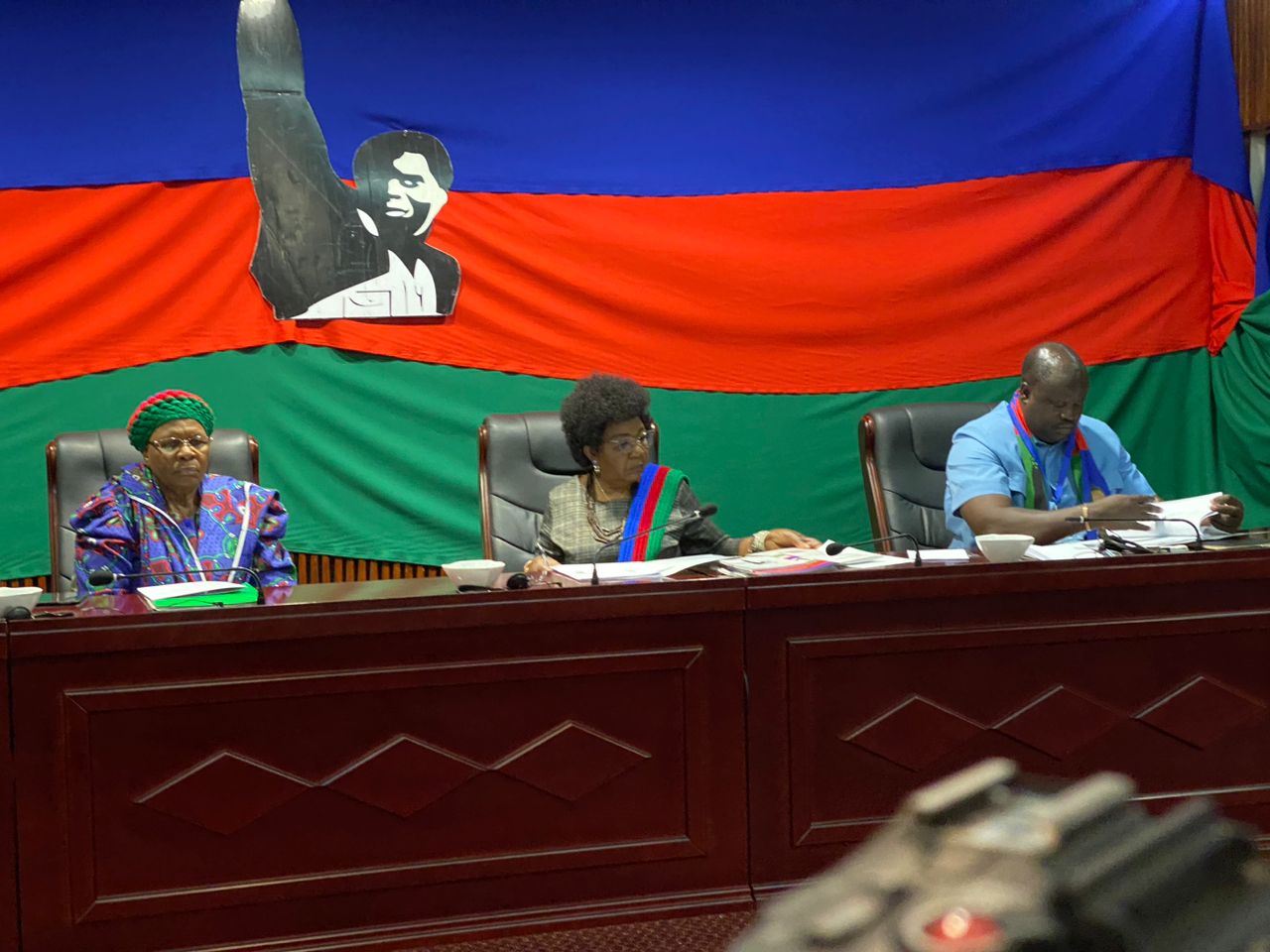• JO LOMASPublic private partnerships can accelerate and expand the provision of essential infrastructure and public services. Globally, they have successfully delivered improved energy, water and sanitation, transport, education and healthcare.
They mobilise private sector capital and expertise that would otherwise be far beyond the reach of governments, municipal and local authorities.
For Namibia, PPP is a significant element in the government’s broader plan for infrastructure, services, local employment and business growth.
So earlier this year/month the British High Commission joined with the Ministry of Finance to present what we hope will be the first in a number of PPP workshops designed to share experiences from the UK and elsewhere, to highlight the opportunities and risks that come with PPP.
The UK has been developing PPPs for 25 years. Some have been successful, some have been disasters. We hope that Namibians and others will learn from some of our painful mistakes and ensure they enjoy the benefits of what PPPs can bring if designed carefully
First a note of reality.
Approximately 110 countries are actively pursuing PPP to bring in development capital and expertise.
Global competition is stiff.
To succeed, a country must have the laws and institutions required to prove itself to international financial markets as a secure destination for their money.
Further, the government must have experts with a firm grasp of how PPP contracts work and with the negotiating skills to ensure that private sector contractors are bound to deliver throughout the typical 25-30 year PPP term.
So what are the key lessons which have emerged from the UK and others’ experiences?
PPP is not a way to make a bad project good. Before even considering whether PPP might be the appropriate structure, government must be satisfied that a project meets a real need, will be effective, and will be fully delivered.
That requires detailed attention to the project specification and outcomes.
For example, there is little point in contracting for electricity generation unless the project company is obliged either to connect into existing grids or to provide new transmission and distribution links so that electricity reliably reaches the homes or businesses intended to be served.
This may sound obvious, but PPPs have failed for this reason.
Similarly, there is no point in building a school, hospital or road unless the project also imposes maintenance and operating obligations throughout the contract term. A private sector contractor will do exactly what the contract requires and no more.
Consequently, the contract must be thoroughly considered and firmly negotiated. In that process, the PPP unit’s expertise and advice is crucial.
Of all contract provisions, the payment mechanism is the most important.
The principle underpinning any successful PPP contract is: “No payment before performance”.
Any performance falling short of the government’s requirements should also generate penalty points.
If a pattern of minor breach is allowed to develop, the cumulative effect can be as bad as a single serious breach.
Allocating penalty points for each shortfall allows government to justify termination or (preferably) substitution of a failing contractor to ensure that public needs are met.
PPP can also bring huge social and economic benefit. Examples include local employment opportunities.
Unless expressly required to do so, major international contractors may bring in labour from elsewhere.
If the contract specifically mandates a proportion of local labour, then those jobs must be provided. However, the contract must be realistic.
There is little point in requiring contractors to employ senior engineers or managers locally unless those skills are already available.
Similarly, the contract can require the main contractor to identify elements that must be made available to small and medium sized local businesses as subcontractors.
A well-drawn contract would also allow government to ensure that those subcontractors could be paid directly, using sums deducted from the main contractor’s payment should the main contractor fail to pay when required.
A well-written and properly-monitored PPP contract can build a strong and sustainable local economy.
Stay informed with The Namibian – your source for credible journalism. Get in-depth reporting and opinions for
only N$85 a month. Invest in journalism, invest in democracy –
Subscribe Now!






